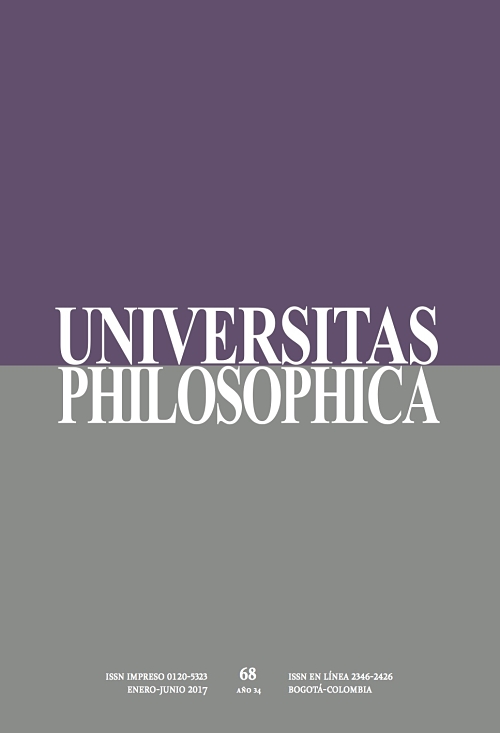Abstract
It is usual to claim that Descartes’ epistemological project is such that its main objective (overturning the doubts of the sceptics) and the means to attain it (the method of doubt) are incompatible, so that Descartes necessarily blocks his own project. In this paper I argue that the above opinion comes from a blindness of sorts that prevents us from appreciating both the therapeutical nature of Descartes’ method and the specific procedures that he uses to work himself into a position from which radical sceptical hypotheses no longer make sense. Far from obsolete, Descartes’ strategy fares much better in terms of overcoming radical scepticism than contemporary rival approaches, whether they are overriding strategies or undercutting procedures that, stressing the groundless character of our basic beliefs, fall prey to the bewitchment of scepticism.
This journal is registered under a Creative Commons Attribution 4.0 International Public License. Thus, this work may be reproduced, distributed, and publicly shared in digital format, as long as the names of the authors and Pontificia Universidad Javeriana are acknowledged. Others are allowed to quote, adapt, transform, auto-archive, republish, and create based on this material, for any purpose (even commercial ones), provided the authorship is duly acknowledged, a link to the original work is provided, and it is specified if changes have been made. Pontificia Universidad Javeriana does not hold the rights of published works and the authors are solely responsible for the contents of their works; they keep the moral, intellectual, privacy, and publicity rights.
Approving the intervention of the work (review, copy-editing, translation, layout) and the following outreach, are granted through an use license and not through an assignment of rights. This means the journal and Pontificia Universidad Javeriana cannot be held responsible for any ethical malpractice by the authors. As a consequence of the protection granted by the use license, the journal is not required to publish recantations or modify information already published, unless the errata stems from the editorial management process. Publishing contents in this journal does not generate royalties for contributors.


